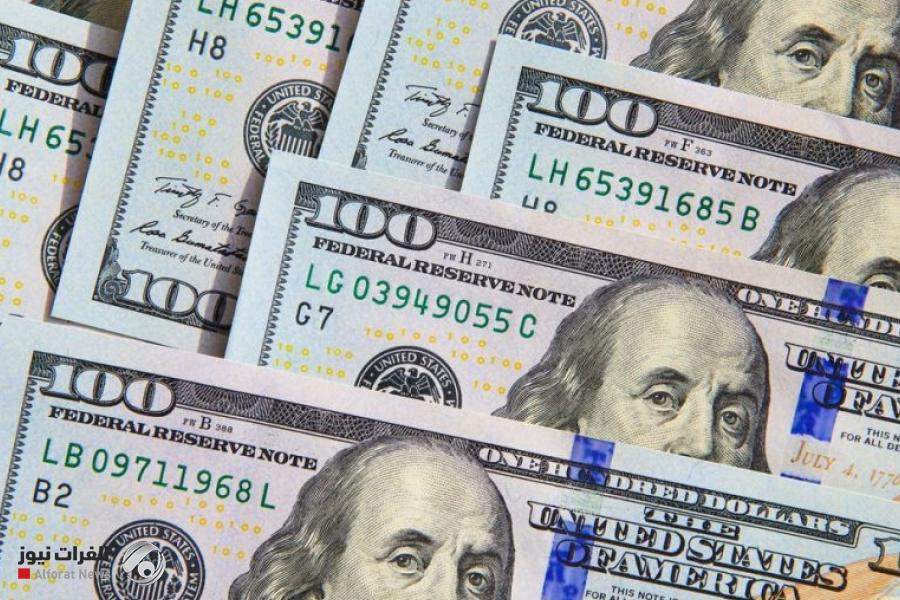American immunity over Iraqi funds… How did it begin and what does it mean?
 On May 22, 2003, former US President George W. Bush issued an executive order to protect the Development Fund for Iraq, in which the proceeds of oil sales were deposited, with the aim of protecting it from any legal prosecution.
On May 22, 2003, former US President George W. Bush issued an executive order to protect the Development Fund for Iraq, in which the proceeds of oil sales were deposited, with the aim of protecting it from any legal prosecution.
After more than two decades, successive US administrations are still renewing this presidential executive order and other orders related to Iraq and aiming to protect its funds.
The current US President, Joe Biden, signed the decree extending the state of national emergency related to the situation in Iraq for another year, which stated: “There are still obstacles to the orderly reconstruction of Iraq, restoring and maintaining peace and security in the country, and developing political, administrative, and economic institutions in Iraq.” .
The statement added that these obstacles “pose an extraordinary threat to the national security and foreign policy of Iraq and the United States of America as well. Therefore, (Joe Biden) has decided that it is necessary to continue the state of national emergency declared under Executive Order 13303 regarding the stability of Iraq.”
What is Executive Order 13303?
The Executive Order is intended to protect the Development Fund for Iraq and certain other properties in which Iraq has an interest.
According to what was stated in the text of the executive order, then US President George W. Bush saw that there was a threat to seize or take other judicial measures against the Development Fund for Iraq and Iraqi oil and petroleum products and the revenues arising from them.
The executive order also stated that this situation “poses an extraordinary threat to the national security and foreign policy of the United States, and therefore a national emergency has been declared to address this threat.”
The order states that any seizure, judgment, decree or other judicial proceeding against the Development Fund for Iraq or Iraqi oil and petroleum products and the proceeds and obligations relating to their sale or marketing shall be null and void.
The Executive Order prohibits all US citizens and residents of the United States, as well as any entity organized under US laws, from filing lawsuits against Iraqi funds.
According to the US National Emergency Law, failure to renew the executive order within a period of 90 days from the date of the previous renewal means that it will become invalid.
Development Fund for Iraq
The Development Fund for Iraq was established after 2003, and before that, money from Iraqi oil sales was placed in an account managed by the United Nations within what is known as the Oil-for-Food Program.
In the mid-nineties of the last century, the UN Security Council resolution related to oil for food was issued and stipulated the sale of a portion of Iraqi oil in exchange for the purchase of medicines and food during the era of Saddam Hussein’s regime, which suffered international sanctions as a result of its invasion of Kuwait in 1990.
This situation continued until 2003, when a new Security Council resolution was issued under which most of the economic sanctions were abolished, provided that issues related to the invasion of Kuwait were resolved, such as compensation, prisoners, and others.
Alforatnews.iq
